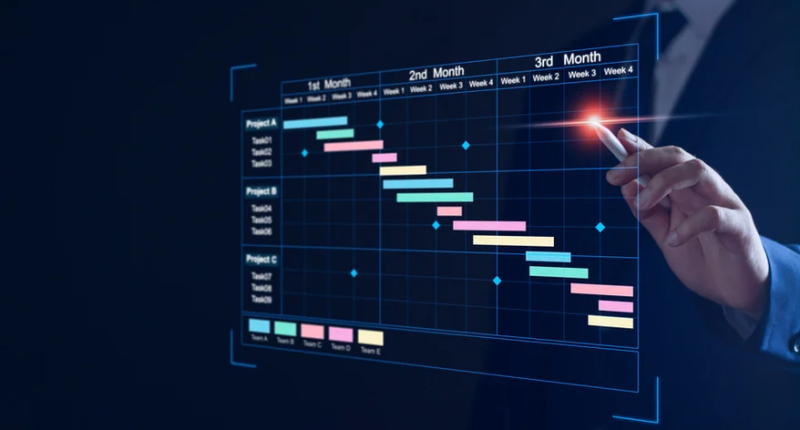Building a budget that lasts the entire year requires careful planning, discipline, and a clear understanding of your financial goals. Here’s how you can create a sustainable budget that aligns with your lifestyle and financial objectives.
Understanding Your Financial Landscape
Assessing Income and Expenses
To start building a budget, it’s crucial to assess your income and expenses. This involves tracking every dollar that comes in and goes out. Use tools like budgeting apps or spreadsheets to categorize your expenses into necessities (housing, food, utilities) and discretionary spending (entertainment, hobbies). Understanding where your money is going will help you identify areas for reduction and reallocation.
Setting Financial Goals
Short-Term vs. Long-Term Objectives
Setting clear financial goals is essential for creating a budget that lasts. Distinguish between short-term goals (e.g., saving for a vacation) and long-term goals (e.g., retirement savings). This distinction will guide your budgeting decisions and ensure that your spending aligns with what you want to achieve.
Allocating Funds Effectively
The 50/30/20 Rule
Implementing the 50/30/20 rule can be a simple yet effective way to allocate your income. Allocate 50% of your income towards necessary expenses, 30% towards discretionary spending, and 20% towards saving and debt repayment. This rule provides a balanced approach to managing your finances while allowing for flexibility based on your specific needs.
Managing Expenses and Savings
Reducing Unnecessary Expenses
Reducing unnecessary expenses is key to maintaining a sustainable budget. Regularly review your spending habits to identify areas where you can cut back. Consider strategies like canceling subscription services you don’t use or finding cheaper alternatives for everyday expenses.
Maintaining Discipline and Flexibility
Regular Budget Reviews
To ensure your budget lasts the full year, it’s important to conduct regular reviews. This involves checking your spending against your budget and making adjustments as needed. Life is unpredictable, and your budget should be flexible enough to accommodate unexpected expenses or changes in income.
Implementing Budgeting Tools
Utilizing Budgeting Apps
Budgeting apps can be invaluable tools in maintaining a budget. They help track expenses, set reminders for bill payments, and provide insights into your spending habits. By leveraging technology, you can stay on top of your finances more easily and make informed decisions about your money.
By following these steps and staying committed to your financial plan, you can build a budget that not only lasts the full year but also supports your long-term financial health.








